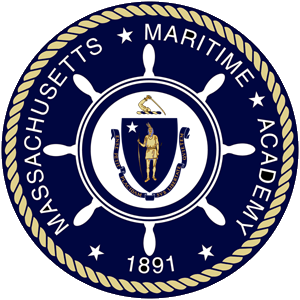STCW Table A-V/1-1-1
basic training for oil and chemical tanker cargo operations
Function
Basic oil and chemical tanker operations
| Competence | Knowledge, Understanding & Proficiency | Location(s) |
|---|---|---|
|
Contribute to the safe cargo operation of oil and chemical tankers |
X1.1 Basic knowledge of tankers:
| |
|
X1.2 Basic knowledge of cargo operations:
| ||
|
X1.3 Basic knowledge of the physical properties of oil and chemicals:
| ||
|
X1.4 Knowledge and understanding of tanker safety culture and safety management | ||
|
Take precautions to prevent hazards |
X2.1 Basic knowledge of the hazards associated with tanker operations, including:
| |
|
X2.2 Basic knowledge of hazard controls:
| ||
|
X2.3 Understanding of information on a Material Safety Data Sheet (MSDS) | ||
|
Apply occupational health and safety precautions and measures |
X3.1 Function and proper use of gas-measuring instruments and similar equipment | |
|
X3.2 Proper use of safety equipment and protective devices, including:
| ||
|
X3.3 Basic knowledge of safe working practices and procedures in accordance with legislation and industry guidelines and personal shipboard safety relevant to oil and chemical tankers, including:
| ||
|
X3.4 Basic knowledge of first aid with reference to a Material Safety Data Sheet (MSDS) | ||
|
Carry out fire-fighting operations |
X4.1 Tanker fire response organization and action to be taken | |
|
X4.2 Fire hazards associated with cargo handling and transportation of hazardous and noxious liquids in bulk | ||
|
X4.3 Fire-fighting agents used to extinguish oil and chemical fires | ||
|
X4.4 Fixed fire-fighting foam system operations | ||
|
X4.5 Portable fire-fighting foam operations | ||
|
X4.6 Fixed dry chemical system operations | ||
|
X4.7 Spill containment in relation to fire-fighting operations | ||
|
Respond to emergencies |
X5.1 Basic knowledge of emergency procedures, including emergency shutdown | |
|
Take precautions to prevent pollution of the environment from the release of oil or chemicals |
X6.1 Basic knowledge of the effects of oil and chemical pollution on human and marine life | |
|
X6.2 Basic knowledge of shipboard procedures to prevent pollution | ||
|
X6.3 Basic knowledge of measures to be taken in the event of spillage, including the need to:
|
